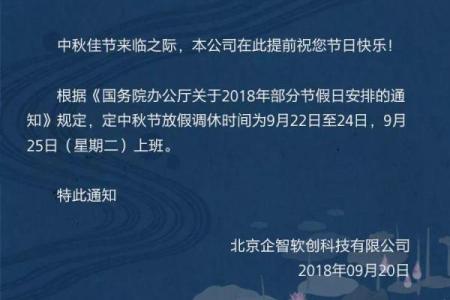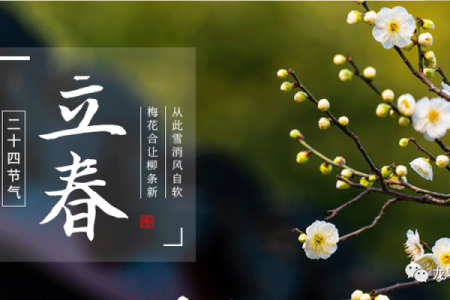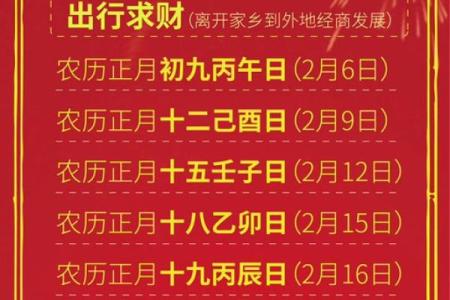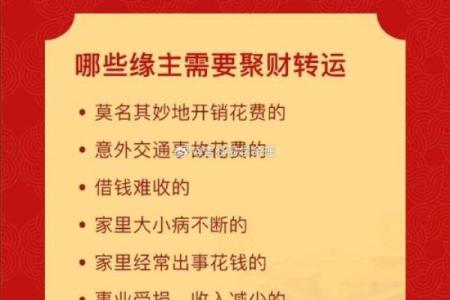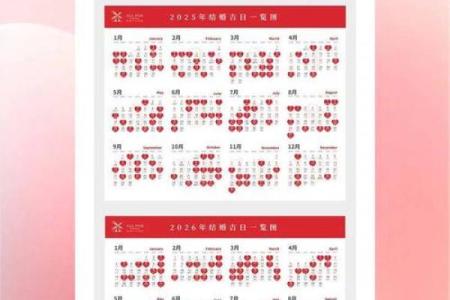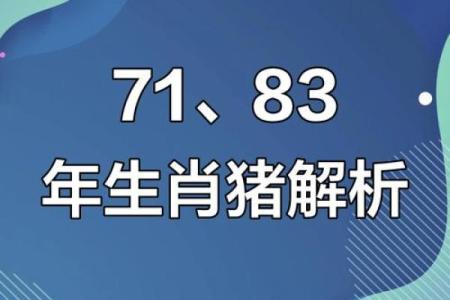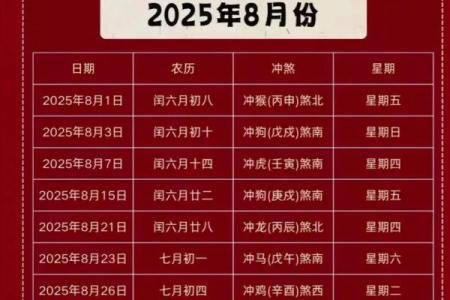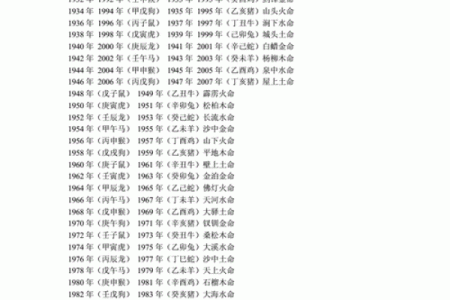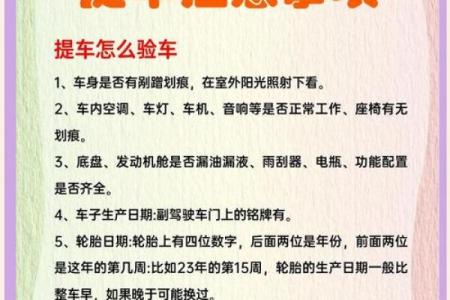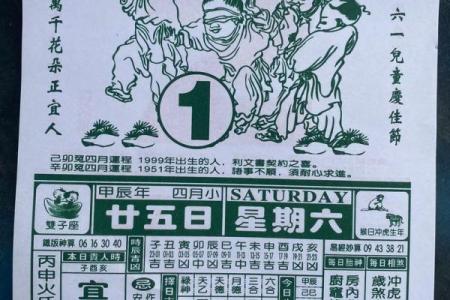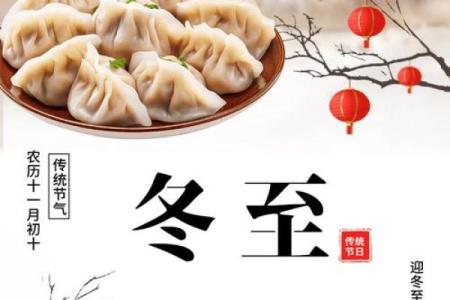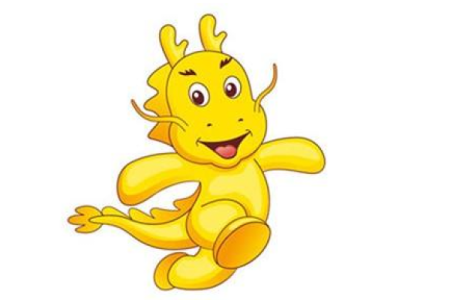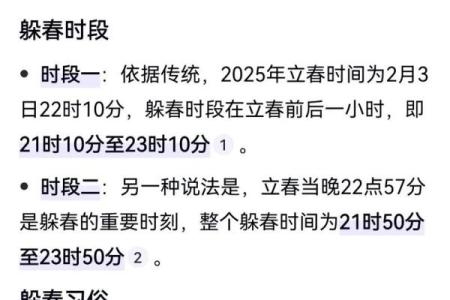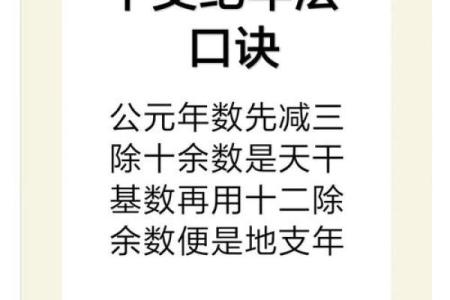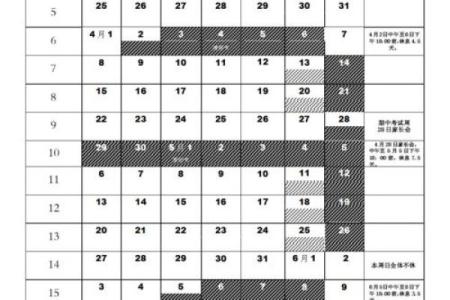老话说:“挑好日子搬家,旺三代人!” 2025年6月是搬新家的黄金月,阳气足、万物生发,特别适合“挪窝”。日子选不对,容易犯冲煞,轻则磕磕碰碰,重则影响财运健康。俺整理了老祖宗黄历里的门道,配上现代生活小妙招,保你顺风顺水住新房!
📅 2025年6月乔迁吉日全表(农历/公历对照)
▌重点提醒:
| 公历日期 | 农历日期 | 星期 | 吉时(重点推荐) | 宜啥事儿? | 忌啥? | 冲啥生肖? |
|------------|----------------|--------|----------------------------------|-------------------------------------|----------------|--------------|
| 6月4日 | 五月初九 | 三 | 09:00-11:00(己巳时) | 搬家具、安灶、开保险柜 | 动土、装修 | 狗(煞南) |
| 6月7日 | 五月十二 | 六 | 07:00-09:00(甲辰时) | 挂招牌、开市、请财神 | 安葬、砍树 | 牛(煞西) |

| 6月10日| 五月十五 | 二 | 05:00-07:00(卯时开财门)\
| 6月22日| 五月廿七 | 日 | 09:00-11:00(乙巳时) | 家族聚会、摆宴席、供祖先牌位 | 打井、钻墙 | 龙(煞北) |
| 6月28日| 六月初四 | 六 | 09:00-11:00(丁巳时) | 扫除旧物、翻新家具、造船业搬家 | 婚嫁、开业 | 狗(煞南) |
为啥几个日子牛?
🧧 搬家当天的“老规矩”与新讲究
▌老祖宗传下的仪式感(照着做准没错)
1. 开门三件宝:
2. 安床避三煞:
▌现代人省心妙招
⚠️ 些坑千万别踩!
1. 生肖相冲解法:
2. 房屋朝向的讲究:
3. 凶日黑名单:
📖 真实案例:老王家咋靠吉日翻身?
(2024年6月10日,广州天河区)
老王属龙,原定2024年6月8日搬新房,结果前一晚儿子发烧。他赶紧查黄历,发现8日冲虎(他老婆属虎),立马改到10日卯时(5点)搬。当天流程:
1. 5:00 开财门(手持米桶+存折);
2. 7:30 安床(儿子退烧能下床了);
3. 15:00 开灶煮汤圆(全楼停电就他家亮灯!)
结果:搬完三个月,老王升了部门主管,儿子考上重点初中。他说:“冲煞日差点害全家,吉时救场如救火!”
🌿 老师傅的贴心叮嘱
1. 日子不完美咋办?
2. 绿植旺宅秘诀:
3. 别逼自己:
最后唠叨:黄历是老祖宗的智慧,过日子还得靠心眼活!“吉日撑腰,人勤兜底”——家和万事兴,搬哪哪旺🔥!

(注:以上吉日源于2025年黄历,个人八字不同建议结合命理师调整)
--
俺是村口张半仙的关门弟子,信不信由你,搬了就知道! 😉


